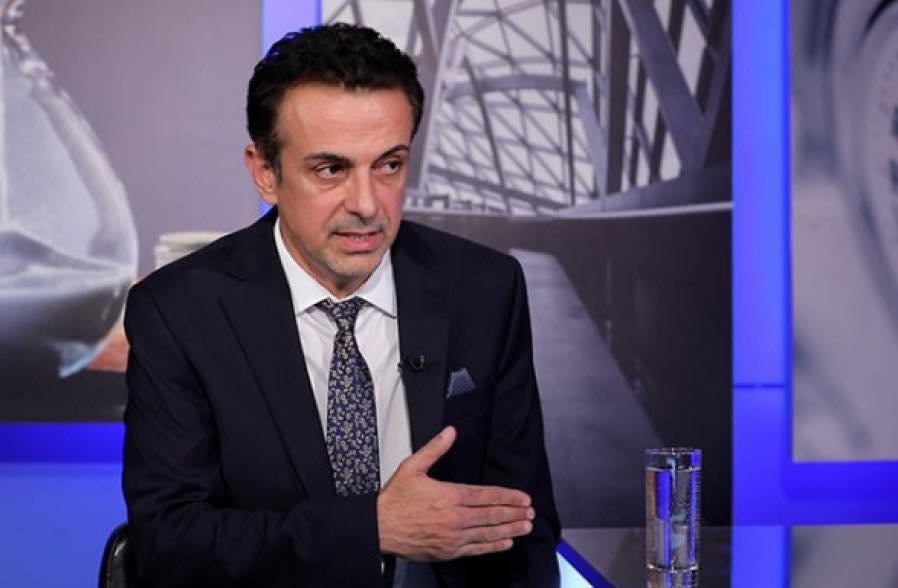Yerevan/Baku
In a wide-ranging interview with the YouTube channel Echo Baku, political scientist Prof. Artur Khachikyan urged Armenian and Azerbaijani elites to ground any peace deal in a categorical renunciation of violence and a step-by-step program of regional integration, warning that opaque transit arrangements and zero-sum rhetoric risk sowing the seeds of a new crisis.
Khachikyan said public “euphoria” around the recent “Washington understandings” is misplaced because the documents remain unpublished and senior officials have issued “contradictory” statements. “We don’t actually know what was agreed,” he noted, arguing that transparency and reciprocity must be the baseline for any agreement.
The Meghri/Zangezur issue: “Colonial” optics without reciprocity
The professor voiced particular concern over reports that long-term external control could be granted over the Meghri (Zangezur) route, the overland link sought by Baku across southern Armenia. “If this isn’t built on reciprocity, it’s a dangerous step,” he said, adding that such an arrangement risks looking like a nineteenth-century concession rather than a modern, rules-based transit regime.
Khachikyan stressed that Armenia, if it wishes to streamline cross-border flows, could itself contract a neutral technical operator to manage traffic while keeping Armenian border and customs officers in place. He also pointed to well-known “fast-track” technologies that enable secure, low-friction crossings without ceding sovereign control.
What a durable peace would require
Acknowledging that a bare-bones mutual recognition of borders is “important but insufficient,” Khachikyan outlined a thicker peace architecture built on four pillars:
Absolute rejection of violence and ethnic cleansing in any form and against any community.
Protection of minority rights and human dignity on both sides of the frontier.
Economic, transport, and cultural integration modeled on Europe’s incremental approach, so that “the exact line of the border gradually loses its conflict charge.”
Symmetry in implementation, to avoid unilateral steps that could be read as coercive or maximalist.
“Peace that rests only on a map can unravel when politics change,” he cautioned. “Peace that rests on interests, interdependence and dignity lasts longer.”
Returns and property: go slow, keep it symmetric
On ideas for large-scale returns of displaced persons, Khachikyan argued against rapid, one-sided moves that could ignite local tensions. He floated phased, reciprocal measures once security and trust have improved—potentially including, at a later stage, bilateral legal frameworks that allow citizens of each country to purchase property across the border. “That’s feasible only after safety is credible and institutions are ready,” he said.
Media, diaspora and the information battlefield
Khachikyan criticized the outsized role of externally funded media and NGOs in shaping domestic discourse, saying this can radicalize debates and “turn countries into informational client states.”
He added that diaspora conversations often tilt more romantic or maximalist than the positions of those living with day-to-day consequences inside the region.
External risks—and why escalation still isn’t inevitable
Pressed on wider geopolitics, Khachikyan said he expects Baku and Moscow to ultimately avoid a direct confrontation: “The central conflict is between the West and Russia in and around Ukraine; a new front serves no one.”
At the same time, he warned that any perceived U.S. presence near Iran’s border will be read in Tehran as a security threat, making the design of transit regimes more consequential than ever.
Armenia–Turkey normalization as a template
Despite “deep scars,” Khachikyan sees Armenia–Turkey contacts as a pragmatic reference point: commerce, travel and small gestures have proved more productive than “grandstanding.” Similar practical, low-drama cooperation along the Armenia–Azerbaijan frontier—especially among border communities—could seed habits of coexistence long before politicians agree on maximal texts.
The bottom line
For Khachikyan, the formula is disarmingly simple: the human must trump the national. That means no cleansing, no humiliation, transparent agreements, and reciprocal steps that build trust and trade. “Only then,” he argued, “will the line between Armenia and Azerbaijan evolve from a fracture zone into a contact zone.”
Source: Echo Baku


